Discover the Women of the Hall
These are the Inductees of the National Women’s Hall of Fame. Select any of the women to discover their stories and learn how they have influenced other women and this country.
 Margaret Sanger
Humanities
1879
1981
Margaret Sanger
Humanities
1879
1981

Margaret Sanger
Nurse and social reformer. After seeing many poor women in New York City damaged and dying from attempts to end unwanted pregnancies, she fought for reform. Sanger underwent arrests and imprisonment for distributing information on birth control and contraception.
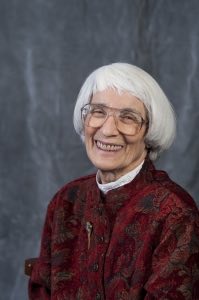 Bernice Resnick Sandler
Education, Humanities
1928
New York
2013
Bernice Resnick Sandler
Education, Humanities
1928
New York
2013

Bernice Resnick Sandler
For more than forty years, Bernice Resnick Sandler has been a tireless advocate of educational equity for women and girls. In 1970, Sandler filed the first charges of sex discrimination against 250 educational institutions. It was this strategy that led to the first federal investigations of campus sex discrimination at a time when no laws existed to prohibit discrimination based on sex in education. Subsequently, Sandler was instrumental in the development, passage and implementation of Title IX, the legislation that prohibits discrimination on the basis of sex in any federally funded education program or activity. An expert in strategies and policies to prevent and respond to sex discrimination in higher education, Sandler has given more than 2,500 presentations. She currently serves as a Senior Scholar in Residence at the Women’s Research and Education Institute in Washington, DC.
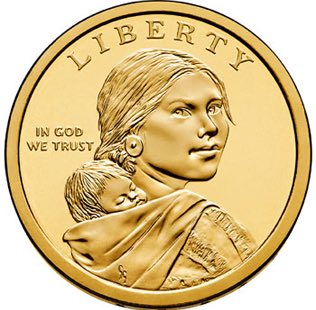 Sacagawea / Sacajawea / Sakakawea
Humanities
c.1788
Idaho
2003
Sacagawea / Sacajawea / Sakakawea
Humanities
c.1788
Idaho
2003

Sacagawea / Sacajawea / Sakakawea
A Shoshone woman who served as a guide to Lewis and Clark during their exploration of the American West, Sacagawea was an instrumental part in the success of this legendary Expedition.
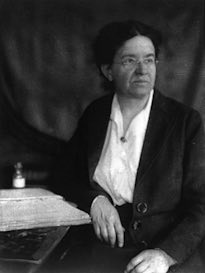 Florence Sabin
Science
1871
Colorado
1973
Florence Sabin
Science
1871
Colorado
1973

Florence Sabin
First woman graduate of the Johns Hopkins School of Medicine and the first woman to teach there. A talented anatomist and researcher, Sabin performed pioneering work in embryology, the lymphatic system and tuberculosis.
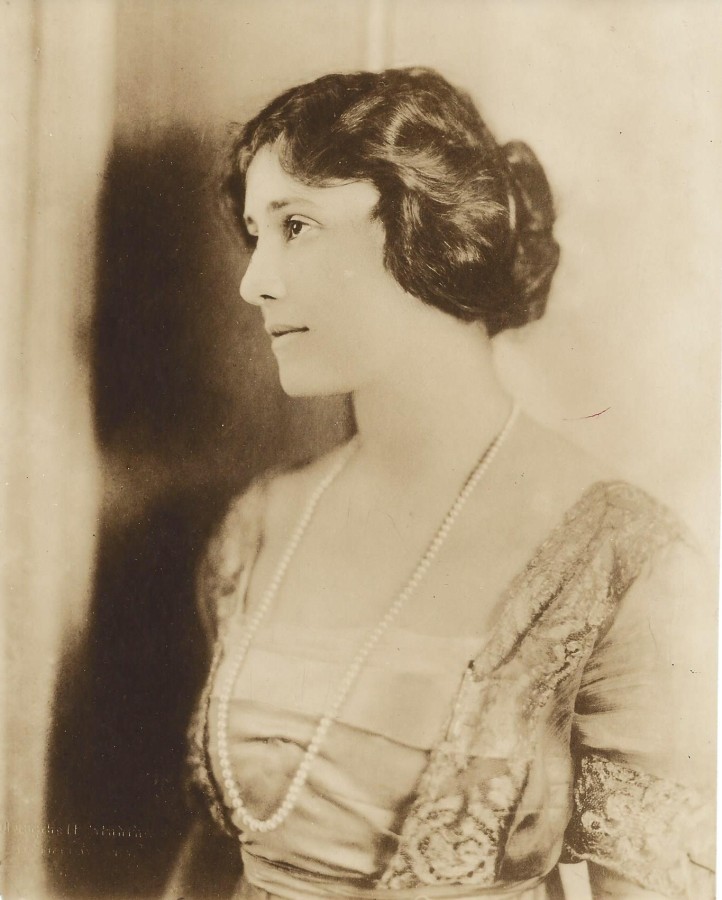 Mary Harriman Rumsey
Humanities
1881
New York
2015
Mary Harriman Rumsey
Humanities
1881
New York
2015

Mary Harriman Rumsey
The founder of the Junior League, she helped author the Social Security Act, chaired the first consumer’s rights groups, and was instrumental in the creation of public playgrounds in New York’s Central Park.
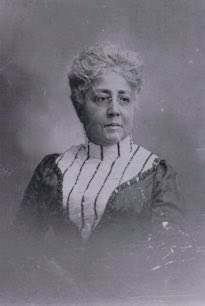 Josephine St. Pierre Ruffin
Humanities
1842
1995
Josephine St. Pierre Ruffin
Humanities
1842
1995

Josephine St. Pierre Ruffin
African American leader from New England. Ruffin was a suffragist, fought slavery, and founded several organizations for African American women, including the Boston branch of the NAACP and the League of Women for Community Service.
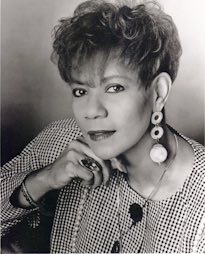 Wilma Rudolph
Athletics
1940
Tennessee
1994
Wilma Rudolph
Athletics
1940
Tennessee
1994

Wilma Rudolph
First American woman ever to win three gold medals in the Olympics. A track and field champion, Rudolph elevated women’s track to a major presence in the United States. She created the Wilma Rudolph Foundation to help train young athletes.
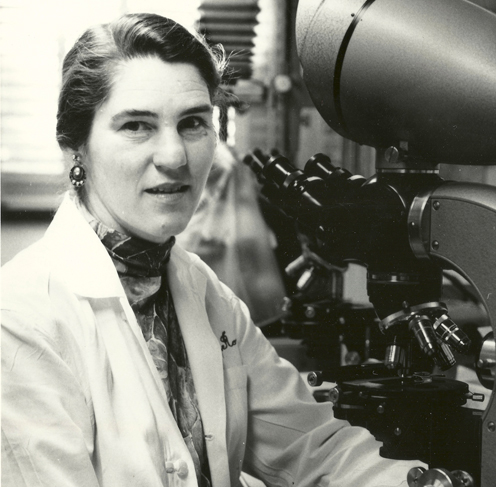 Janet D. Rowley
Science
1925
New York
2017
Janet D. Rowley
Science
1925
New York
2017

Janet D. Rowley
A geneticist whose research established that cancer is a genetic disease. Her discovery of chromosomal exchanges revolutionized cancer research, diagnosis and treatment. Her research led directly to the development of the cancer drug imatinib, one of the most effective targeted cancer therapies to date, leading to 90% of patients with certain forms of leukemia being “cured” where previously life expectancy had been three to five years.
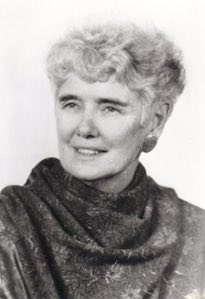 Elaine Roulet
Humanities
1930
1993
Elaine Roulet
Humanities
1930
1993

Elaine Roulet
Crusader for some of society’s most sharply disadvantaged, children of women in prison. A Sister of St. Joseph, Roulet has created many social reform and welfare organizations. She is best known for her work at the Bedford Hills Correction Center in New York, where she enabled mothers in prison to keep their babies for a year, a program now being patterned nationwide.
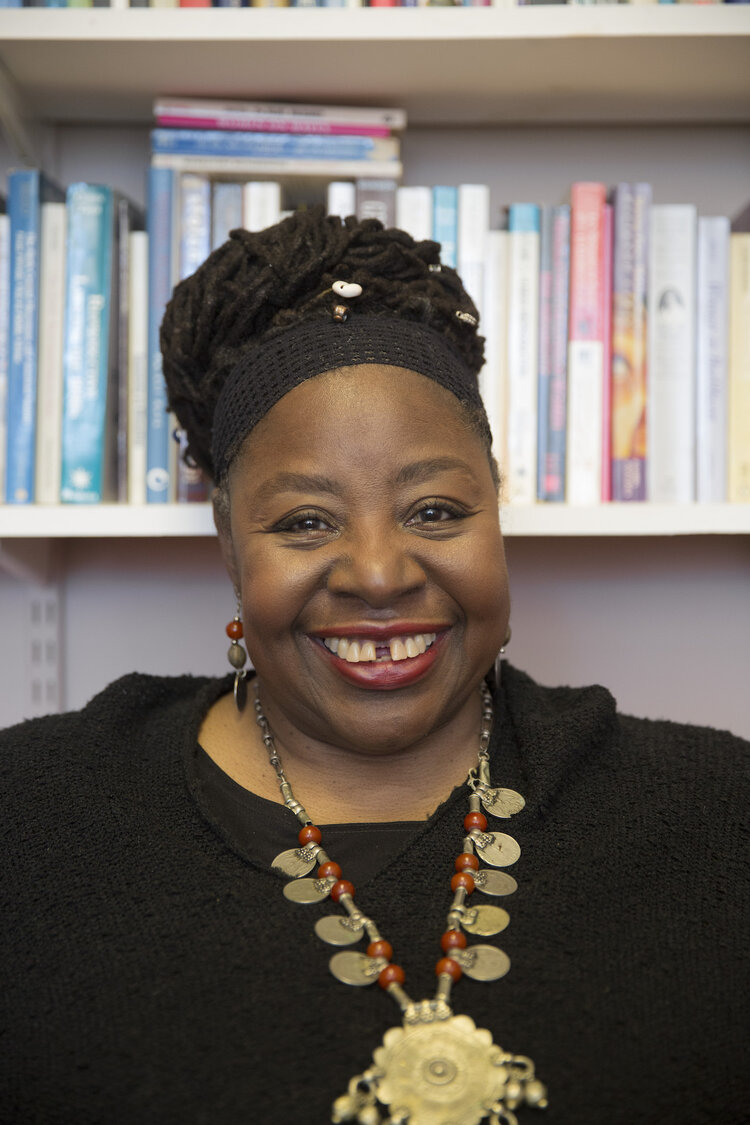 Loretta Ross
Education, Humanities
1953
Texas
2024
Loretta Ross
Education, Humanities
1953
Texas
2024

Loretta Ross
Loretta J. Ross is a Black academic, feminist, and activist for reproductive justice, especially among women of color. Driven by her personal experiences as a survivor of rape and nonconsensual sterilization, Ross has dedicated her extensive career in academia and activism to reframing reproductive rights within a broader context of human rights.
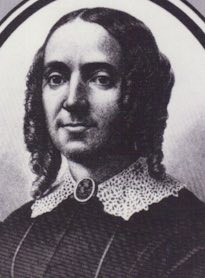 Ernestine Louise Potowski Rose
Humanities
1810
1996
Ernestine Louise Potowski Rose
Humanities
1810
1996

Ernestine Louise Potowski Rose
Early advocate for women’s rights, traveling for more than three decades giving eloquent speeches and seeking petition signatures. Rose sought women’s rights, the abolition of slavery and many other reforms before others took up the causes. From 1835 through 1869, she was often the first woman to speak in public on many platforms.
 Eleanor Roosevelt
Humanities
1884
1973
Eleanor Roosevelt
Humanities
1884
1973

Eleanor Roosevelt
Trailblazing First Lady and wife of President Franklin Roosevelt. She spent her adult years working in politics and social reform. Her warmth and compassion inspired the nation, and she later became U.S. Delegate to the United Nations. The U.N. Declaration of Human Rights was largely her work, and she chaired the first-ever Presidential Commission on the Status of Women (1961).
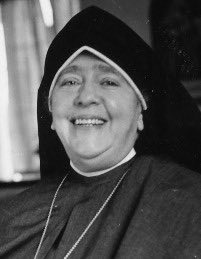 Mother Mary Joseph Rogers, MM
Humanities
1882
Massachusetts
2013
Mother Mary Joseph Rogers, MM
Humanities
1882
Massachusetts
2013

Mother Mary Joseph Rogers, MM
A woman of extraordinary vision and drive, Mother Mary Joseph Rogers, MM founded the Maryknoll Sisters, the first United States based Catholic congregation of religious women dedicated to a global mission. While attending Smith College in 1904, Rogers was inspired by graduating Protestant students preparing to leave for missionary work in China, and following her graduation, she returned to Smith and started a mission club for Catholic students (1905). It was while organizing the club that she met Father James A. Walsh, director of Boston’s Office for the Propagation of the Faith, later founder of Maryknoll Fathers & Brothers, through whom she was inspired to establish a mission congregation for women. The Maryknoll Sisters were founded in 1912, and by the time of Rogers’ death in 1955, there were 1,065 sisters working in twenty countries and several cities in the United States.
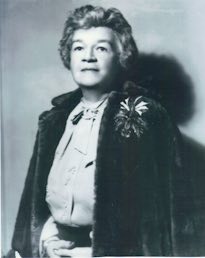 Edith Nourse Rogers
Government
1881
Maine
1998
Edith Nourse Rogers
Government
1881
Maine
1998

Edith Nourse Rogers
Massachusetts Congresswoman who introduced the “G.I. Bill of Rights” Act and Women’s Army Auxiliary Corp (WAC) legislation. The “Bill of Rights” guaranteed veterans’ health and education benefits (also small business loans). In addition, it supported research and development of prosthetic appliances. Rogers pushed for equality for women in and out of military until her death.
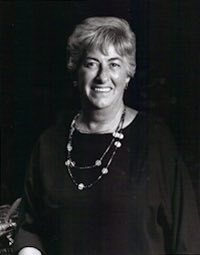 Rozanne L. Ridgway
Government
1935
Minnesota
1998
Rozanne L. Ridgway
Government
1935
Minnesota
1998

Rozanne L. Ridgway
Foreign policy advisor under six consecutive U.S. presidents from Richard Nixon to William Clinton. Beginning in 1975, she served as Deputy Assistant Secretary of State; her last appointment was Assistant Secretary of State for European and Canadian Affairs. A former Chair of the Atlantic Council of the U.S., a foreign policy think tank, her work has spanned almost four decades.
 Sally Ride
Science
1951
California
1988
Sally Ride
Science
1951
California
1988

Sally Ride
First American woman astronaut (1983), when she rode aboard the Challenger into space. A scientist, Ride served as the Director of the California Space Institute at the University of California, San Diego.
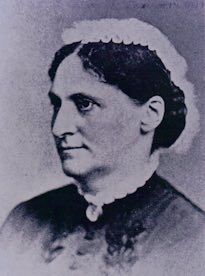 Linda Richards
Science
1841
1994
Linda Richards
Science
1841
1994

Linda Richards
Received the first diploma awarded by the nation’s first school of nursing. Richards dedicated her career to creating professional nurses training schools nationwide to improve both patient care and nurses’ skills.
 Ellen Swallow Richards
Science
1842
1993
Ellen Swallow Richards
Science
1842
1993

Ellen Swallow Richards
The nation’s first professional woman chemist, an important figure in opening careers in science to women. By applying scientific principles to domestic life, Richards became a leader in the new disciplines of sanitary engineering, nutrition and home economics.
 Janet Reno
Government
1938
Florida
2000
Janet Reno
Government
1938
Florida
2000

Janet Reno
As Florida State Attorney, she helped establish the Miami Drug Court and reform the juvenile justice system. Appointed by President Clinton to be the first woman Attorney General of the United States, she brought a personal and professional integrity to the office during times when issues were divided bitterly along partisan lines.
 Jeannette Rankin
Government
1880
Montana
1993
Jeannette Rankin
Government
1880
Montana
1993

Jeannette Rankin
First woman elected to the U.S. Congress. Rankin served two separate terms representing Montana, and was the only U.S. Representative to vote against America’s entry into both World Wars. A lifelong pacifist, she worked for peace until her death.
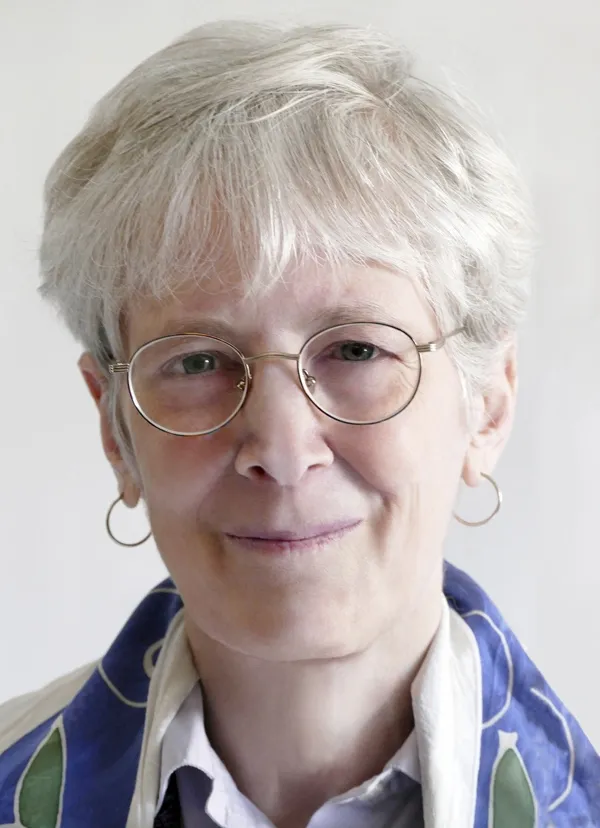 Judith Plaskow
Education, Humanities
1947
New York
2024
Judith Plaskow
Education, Humanities
1947
New York
2024

Judith Plaskow
In the realm of feminist theology, one of the names that stands out as a pioneering force is Dr. Judith Plaskow. An author and activist, Paskow is a visionary thinker whose intellectual contributions have shaped discourse and enriched our understanding of spirituality, gender, and equality.
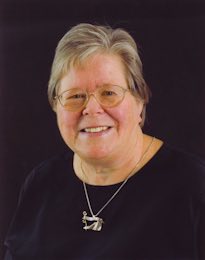 Judith L. Pipher
Education, Science
1940
Canada
2007
Judith L. Pipher
Education, Science
1940
Canada
2007

Judith L. Pipher
The first female to pursue infrared and submillimieter astronomy into ultra sensitive light detection of celestial bodies, Dr. Judith Pipher is a highly regarded infrared astronomer. As a professor with the University of Rochester for 31 years, she founded a group of observational infrared astronomers who took the first telescopic infrared pictures of starburst galaxies. Dr. Pipher was also instrumental in designing aspects of the NASA Spitzer Space Telescope, launched in 2003.
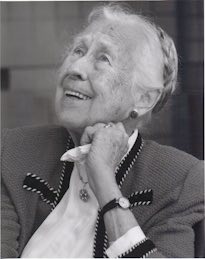 Esther Peterson
Humanities
1906
Utah
1993
Esther Peterson
Humanities
1906
Utah
1993

Esther Peterson
Catalyst for change in the labor, women’s and consumer movements. The driving force behind President Kennedy’s creation of the first Presidential Commission on Women in 1962, Peterson headed the Women’s Bureau in the Department of Labor. She also served Presidents Johnson and Carter, and served at the United Nations under President Clinton.
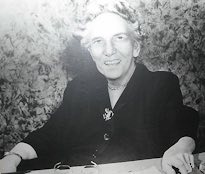 Rebecca Talbot Perkins
Humanities
1866
New York
2009
Rebecca Talbot Perkins
Humanities
1866
New York
2009

Rebecca Talbot Perkins
In 1927, a time when very few agencies existed to promote adoption, Rebecca Talbot Perkins joined with the Alliance of Women’s Clubs of Brooklyn to create The Rebecca Talbot Perkins Adoption Society. Later known as Talbot Perkins Children’s Services, the organization provided foster care and adoption services to countless families across the country for 75 years. Throughout her lifetime, Perkins was active in various charitable and civic causes as a member of the Brooklyn Women’s Suffrage Society, chair of the Alliance of Women’s Clubs of Brooklyn, Vice President of the Memorial Hospital for Women and Children, and a director of the Welcome Home for Girls.
